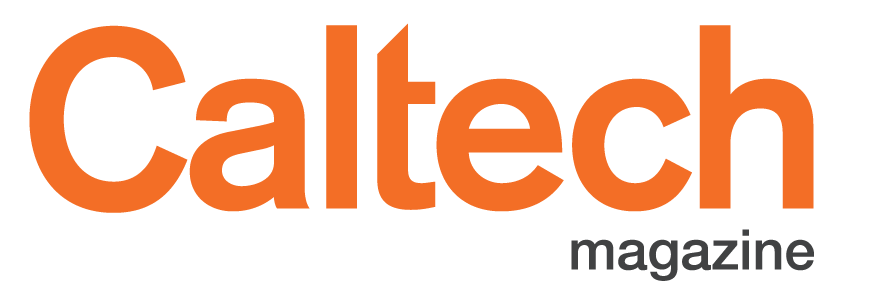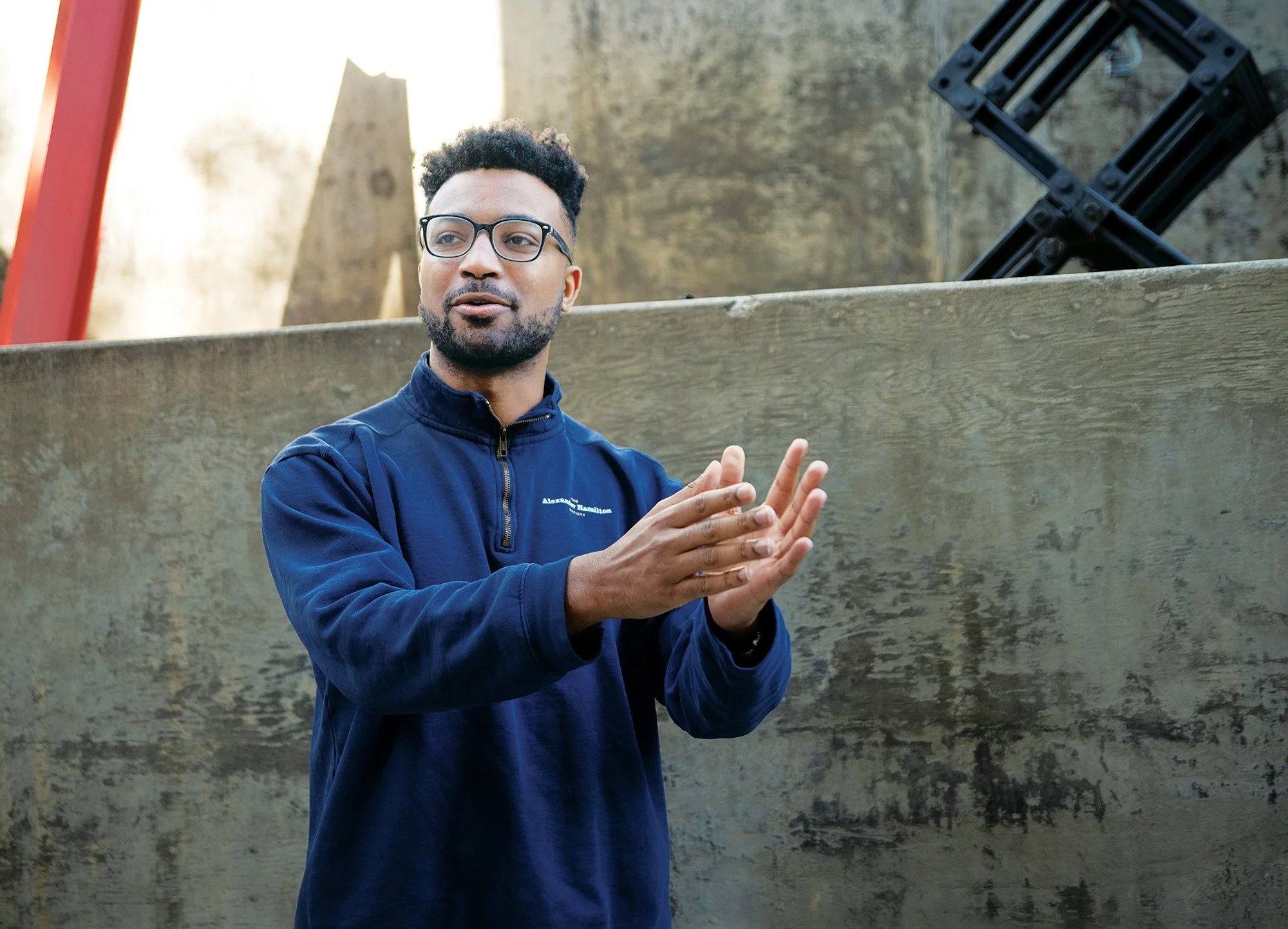#SoCaltech: Thomas Henning
“I majored in business during undergrad, then I worked as a trader at Goldman Sachs for two years. During my tenure on Wall Street, I found myself spending all my free time on academic Twitter, browsing research papers, and thinking about various fundamental questions related to decision-making. I heard of this field called neuroeconomics where I could learn about human behavior and how it impacts the economic world from a basic science perspective. While working as a trader, I started working on research at night and on the weekends remotely with Professor Gregory Russell Samanez-Larkin at Duke after connecting on Twitter. Then I recognized that I liked research a lot more than my job. So, I applied to Caltech, and I’ve been here ever since.
My research focus now is a field called neuroforecasting, which is, basically, adding neural-imaging data to a focus group. Say a musician has multiple versions of a song, and you bring in a focus group of 30 people to ask their opinion. You’re trying to predict which is going be the biggest hit. Neuroforecasting researchers have found that if you conduct this focus group while recording each subject’s neuronal activity in a functional MRI or electroencephalogram, you can predict how well that song is going to perform on Spotify better than asking the subjects themselves what they like the most.”
Thomas Henning is a graduate student in social and decision neuroscience whose research focuses on neuroforecasting (the practice of using neurophysiology to predict population-wide behaviors from small groups of people), and on understanding how humans interact with AI agents. He is also the co-president of the Black Scientists and Engineers of Caltech (BSEC). In his free time, Henning enjoys video games, political discussions, film, and the NBA.
#SoCaltech is an occasional series celebrating the diverse individuals who give Caltech its spirit of excellence, ambition, and ingenuity. Know someone we should profile? Send nominations to magazine@caltech.edu.

